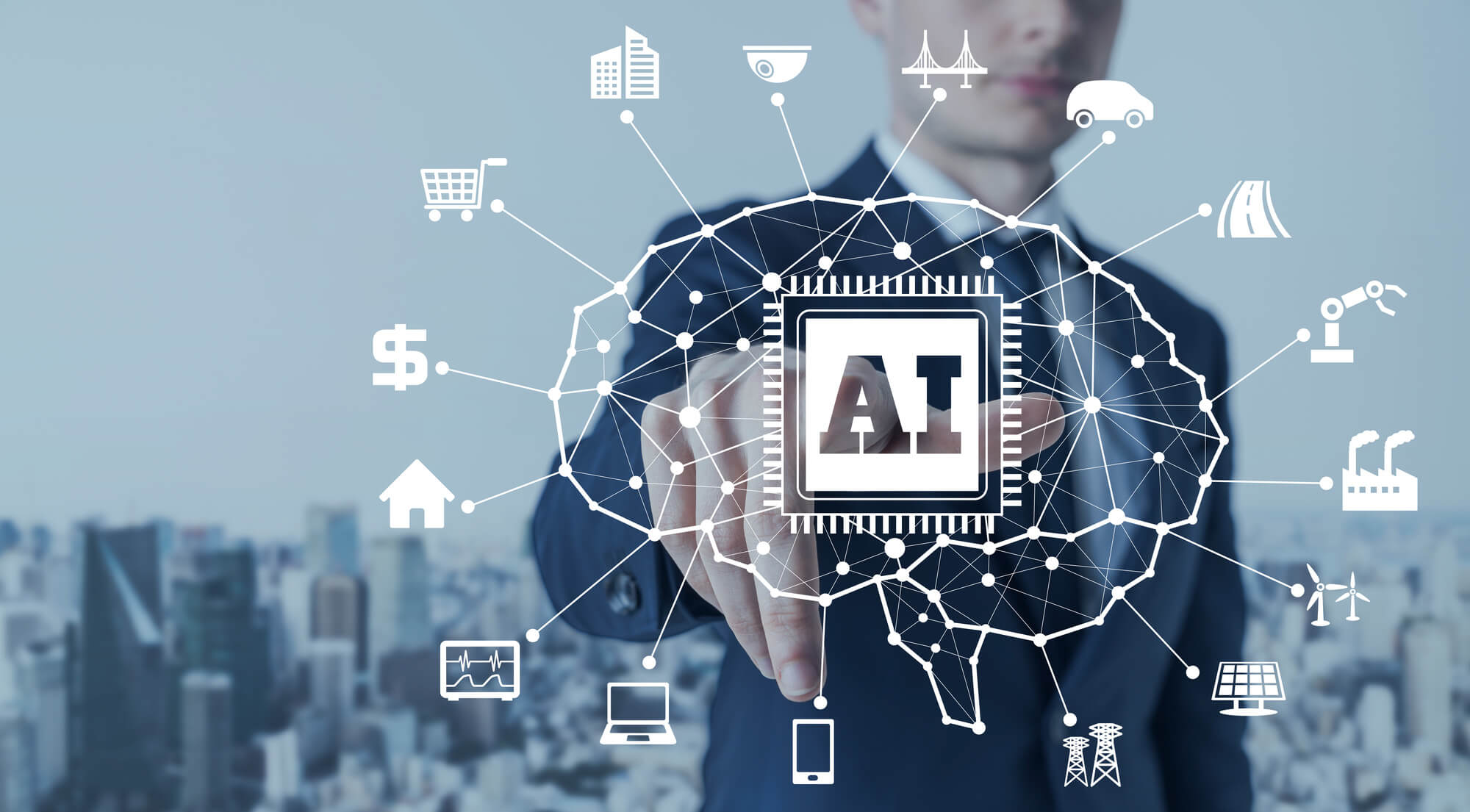The effect of AI or artificial intelligence on the labor market is evident as it continues to transform various industries and technologies. The AI job market offers benefits and problems for employees and companies, from introducing new job opportunities to automating conventional roles. To learn more about the consequences for the future of employment, let’s go deeper into this complicated and fascinating topic.
Opportunities in AI Job Market
Disruptive AI Potential in Workforce
The power AI upholds in the AI job market is now starting to be felt, although it has already changed the game in many areas. Artificial intelligence (AI) can improve productivity and efficiency by automating boring and repetitive operations. Meanwhile, the same technology can eliminate millions of jobs in sectors dependent on routine labor. Additionally, for the workforce to remain competitive, the growth of AI technology may call for new skill sets and training initiatives.
The Advent of Smart Automation
The emergence of intelligent automation is one of the most important effects of the AI job market. With this technology, machines and AI systems can pick up new information and adjust to different circumstances, enabling them to carry out challenging jobs that previously required human intelligence. Due to the automation of many repetitive tasks, the nature of work is changing, allowing employees to concentrate on more imaginative and strategic duties.
Being competitive in the evolving AI job market requires employees to take the initiative to expand their abilities and invest in training programs.
Reshaping the Job Market
It is becoming increasingly evident that this brave new world of work is changing how we think about employment as the AI job market develops. AI is a paradigm change altering the fundamental essence of labor and employment, not merely as a new technology.
A more fluid form of work that emphasizes flexibility and adaptability replaces the old idea of a job as a set role due to AI. As a result, the market for AI jobs needs a workforce that is adaptable, creative, and eager to take on new challenges.
Guide for Job Seekers
For job searchers, the emergence of the AI employment market has brought benefits and obstacles. Job searchers must comprehend the primary trends and requirements of the AI job market to traverse this new environment successfully. The following are some pointers for navigating the employment market in the era of AI:
By following these measures, employment seekers can set themselves up for success in the vibrant and dynamic AI employment market.
Challenges in AI Job Market
Promise and Pitfalls of AI in the Workplace
The AI employment market has immense promise and possible problems for businesses and their employees. Here are some essential things to think about concerning the benefits and drawbacks of AI in the workplace:
The Promise of AI:
Drawbacks of AI:
Hence, ensuring that AI use aligns with organisational values and aims calls for careful planning and regular monitoring and evaluation.
Ethics of AI and Employment
There are significant ethical questions regarding the use of AI in the workplace due to the quick progress of AI in the job market. Organisations must strike a balance between the demands for efficiency and creativity and their obligation to make sure that AI is applied in a way that is morally righteous, open, and consistent with human values. It entails tackling problems like bias and discrimination in AI decision-making, protecting the privacy and security of employee data, and fostering transparency and accountability in using AI at work.
To ensure that AI’s advantages are realised ethically and equitably, organizations, policymakers, and other stakeholders must work together to ensure the ethical use of AI in employment.
Conclusion
In a nutshell, both employers and employees face possibilities and problems in the AI job market. It is crucial to managing this quickly changing environment with a considerate and responsible strategy that balances innovation, ethics, and human values.
